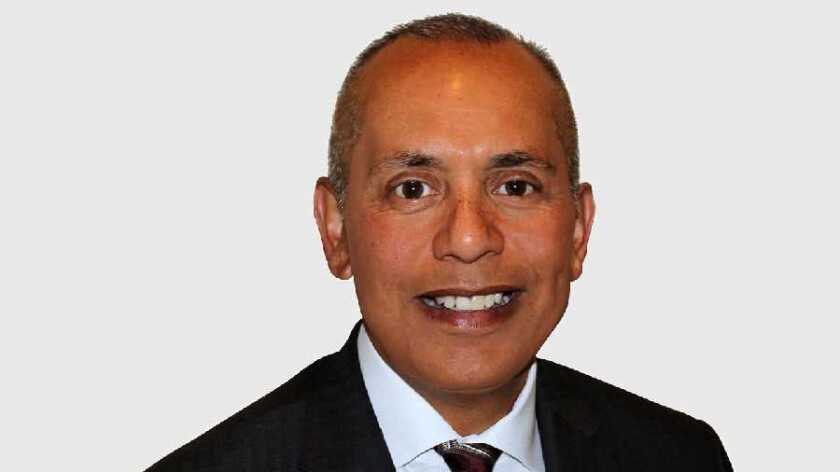But that deal, first announced in October 2020, is still not complete, it is now clear.
GTT said in a filing that once it has closed the sale to Miami-based I Squared Capital (ISQ) it will file a pre-packaged chapter 11 case with the US Bankruptcy Court for the Southern District of New York.
CEO Ernie Ortega (pictured) said: “This global agreement among each of our creditor constituencies resulted from extensive negotiations and reflects the ongoing commitment of our debtholders to the business.”
He added: “Our performance has been strong year-to-date, and we have a very competitive product portfolio in growing segments of the market, such as SD-WAN. To continue this momentum, we are working together with our debtholders to improve GTT’s financial health and this is a major milestone to accomplish this goal.”
The chapter 11 announcement came as most Americans were heading off for a long weekend including today’s Labor Day holiday. That also means that no one is around in GTT or ISQ to throw more light on the deal.
By the end of Friday, when US markets closed for three days, investors valued GTT at a market capitalisation of less than $23 million, barely 1% of what ISQ is paying for the infrastructure.
The New York Stock Exchange (NYSE) delisted GTT’s shares in July because the company had failed to file any quarterly and annual results since the end of June 2020. It still hasn’t. Nothing has been filed since the first quarter 2020 results, announced in May 2020.
Faced with exclusion from the NYSE, GTT moved to the over-the-counter market, but saw its shares collapse further from $3.09 in July 2021 to $0.39 at Friday’s close.
In the past 12 months shares have been on a downward slope since hitting a peak for that period of $6.33 a year ago.
But go back to March 2018, when then CEO Rick Calder and the executive chairman Brian Thompson were at the height of their acquisition spree, the shares were trading at $60.25.
Calder left the company last year, but Thompson, who founded GTT as Global Telecom and Technology in 2005, is still executive chairman.
GTT made it clear that the sale of the infrastructure division is still not complete. It said: “The company expects to expeditiously close the previously announced sale of its infrastructure division to I Squared Capital in the coming weeks, which will allow GTT to repay a significant portion of its secured debt.”
It has signed a restructuring support agreement “with key stakeholders”, including ISQ and its creditors, “to implement a comprehensive restructuring of the company’s remaining balance sheet following completion of the pending sale of its infrastructure division”.
GTT’s filing with the US financial regulator, the Securities and Exchange Commission (SEC), says this agreement covers the sale of operations providing “Pan-European, North American, sub-sea, and trans-Atlantic fiber network and data center infrastructure services”.
These appear largely to be the infrastructure GTT acquired through the purchase of Hibernia Networks in January 2017 for $590 million, Interoute, in February 2018 for $2.3 billion, and KPN International, bought in July 2019 for €50 million ($59 million).
ISQ is buying the operations through a vehicle set up on 8 October 2020 called Cube Telecom Europe, registered in a building next to the Bank of England in London. Key people include Mohamed Adel El-Gazzar, a London-based partner at ISQ who spoke to Capacity after the deal was announced in October.
At the time he said that ISQ plans to expand the business, which includes the infrastructure and data centre operations of the former Interoute, as well as Hibernia Networks and the former KPN International. “We want to connect to newer cities or data centre clusters with incremental capex,” he said.
But, he said at the time, ISQ will not merge it with Hong Kong-based HGC Global Communications, which it bought for $1.9 billion in 2017.
Last month ISQ agreed to spend a reported $1 billion on Mexican company KIO Networks, which owns 11 core data centre campuses and 11 edge facilities, with over 20MW of installed operational capacity.
KIO Networks has data centres in Mexico, central America, the Caribbean and Spain, according to the company’s own website. Founded in 2002 with 100% Mexican capital, it now runs “more than 40 high-density and high-availability data centres”, says the site.






